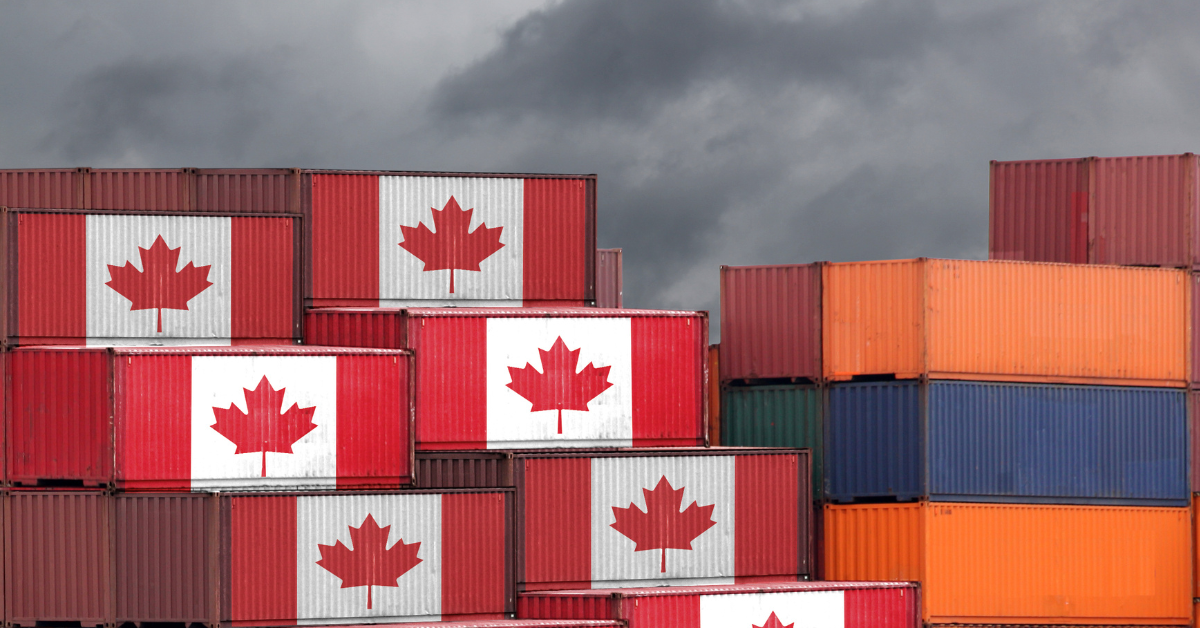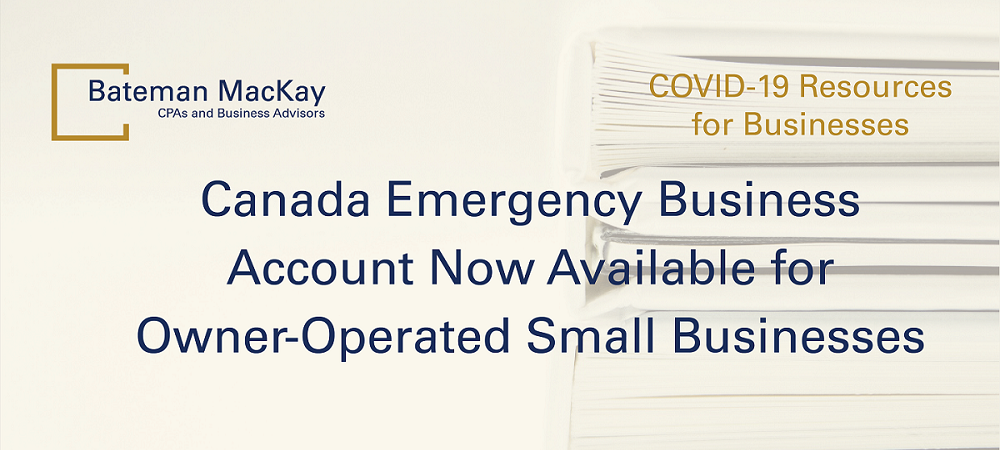As of June 26, 2020, owner-operated small businesses that had been previously ineligible for the Canada Emergency Business Account (CEBA) may now apply for the program. Under the updated CEBA regime, those businesses that do not meet the original payroll requirements can apply for CEBA if they meet some additional conditions.
To qualify for the interest-free, partially forgivable loans of up to $40,000, applicants with payroll lower than $20,000 must meet the following additional conditions:
- Have a business chequing/operating account at a participating financial institution
- Have a Canada Revenue Agency business number
- Have filed a 2018 and/or 2019 income tax return
- Have incurred eligible non-deferrable expenses of between $40,000 and $1.5 million
All applicants for the CEBA must apply through their financial institution. Businesses with less than $20,000 in payroll will be required to submit additional documents to the Government of Canada. These documents can consist of electronic or paper copies of receipts, invoices or agreements to support their respective non-deferrable expense total between $40,000 and $1.5 million.
Eligible non-deferrable expenses include:
- Wages and other employment expenses to independent (arm’s length) third parties
- Rent or lease payments for real estate or capital equipment used for business purposes
- Payments for insurance, property taxes, telephone and utilities in the form of gas, oil, electricity, water and internet
- Payments for regularly scheduled debt service
- Payments incurred under agreements with independent contractors and fees required in order to maintain licenses, authorizations or permissions necessary to conduct business by the borrower
Eligible non-deferrable expenses in 2020 may be adjusted if the borrower received Government of Canada COVID-19 assistance from programs including the Canada Emergency Commercial Rent Assistance (CECRA), Canada Emergency Wage Subsidy (CEWS), Temporary 10% Wage Subsidy and others.




